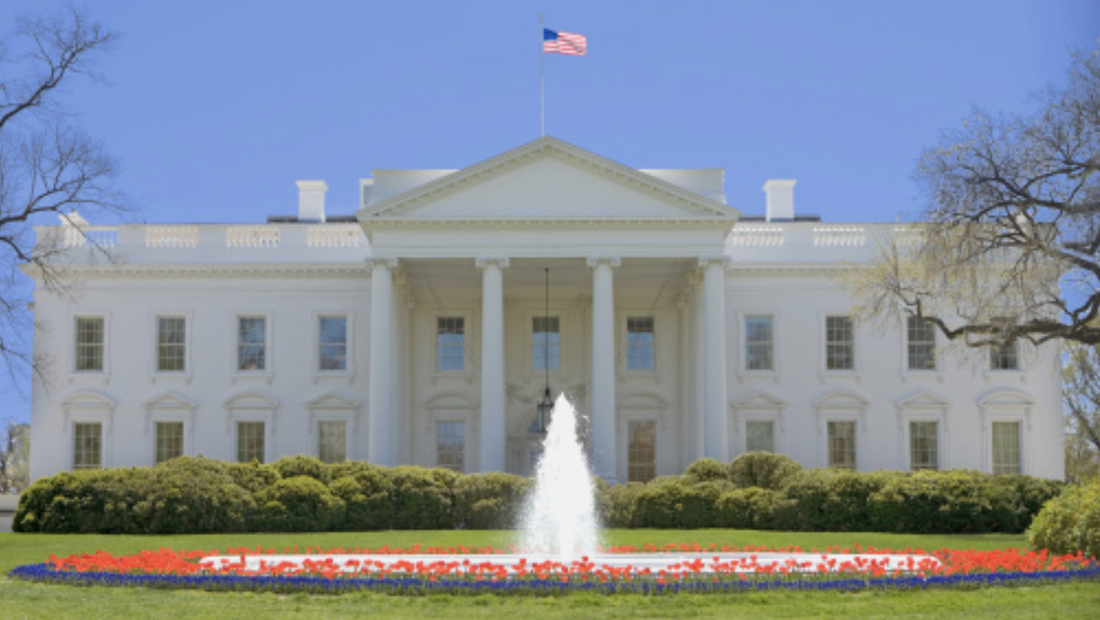|
Gov. Gary Herbert urged the U.S. Senate on Friday to resolve its differences in order to keep the federal government going and to fund the Children's Health Insurance Program.
In the event of a shutdown, Utah would continue to operate as normal, said Paul Edwards, the governor's deputy chief of staff. State support would allow programs that operate in partnership with the federal government to function in the short term, even if federal funding is temporarily curtailed, he said. Utah’s national parks would remain open, though with limited services, Edwards said. The national parks were shut down during the 2013 government shutdown, but Utah provided emergency funding to open up its national parks. Edwards said the state would consider such a move again. The Utah National Guard would be the largest state organization impacted by a shutdown. Although the roughly 1,000 active duty Guard members would ensure that critical functions continue, another 1,300 full-time employees who are not active duty, such as federally funded technicians, would be affected, Edwards said. Utah National Guard drills would have to be canceled. In the last government shutdown, the Special Supplemental Nutrition Program for Women, Infants, and Children, known as WIC, was not authorized to spend any reserves and had to shut down. Edwards said Utah would use reserves to keep WIC operating. The looming federal government shutdown helped spark the first attack Friday from Salt Lake County Mayor Ben McAdams in his 4th Congressional District race to unseat Rep. Mia Love. McAdams criticized the congresswoman for going along with what he labeled a "cheap stunt" by voting Thursday for a House bill that included a funding extension for CHIP in the short-term spending bill. Flanked by families that have relied on the health care program for children, McAdams said it was wrong for House Republicans to tie the issues together. Utah's four representatives in the House, who are all Republicans, voted for the bill. The inclusion of the health care program funding was seen as a manuever to make it difficult for Democrats to oppose it. "Washington's playing games," McAdams said, adding he blamed Democrats, too, for using the health care program and also immigration as bargaining chips in the negotiations to keep the federal government running beyond midnight Friday. "That's just inexcusable," he said. "It has a human toll right here in our communities." Love sent out a statement pointing out she voted for the CHIP extension Thursday and took a few swipes at McAdams, including for "using taxpayer dollars to run for Congress" by holding a news conference during his workday as mayor. McAdams went after Love for her vote on the bill. "I am criticizing that because I think everyone is seeing that for what it's worth. It's a cheap stunt to try and cast the blame on somebody else. It's not really a sincere and genuine attempt to find a solution and move forward," he said. The two-term mayor said he didn't know how he would have voted on the bill had he been in Congress. He said he would have been working toward a consensus to deal with the health care program and the need to fund the government separately. In a Senate floor speech Friday, Sen. Orrin Hatch, R-Utah, lit into to Democrats, saying there are some “really stupid” people representing the country sometimes. He chastised his colleagues across the aisle for holding up the spending bill despite favoring an extension for CHIP. “Look, I get so tired of the cheap politics that are played,” Hatch said. There’s no reason for Democrats to pit their “righteous crusade” on immigration against their “righteous crusade” on CHIP, he said. Hatch repeatedly reminded senators that he authored the CHIP bill and talked about how he got the late Sen. Ted Kennedy, D-Mass., on board. “I’m sure he’s up there wondering, ‘What’s the matter with my side down there?’” Hatch said. Hatch called on the lawmakers to “quit playing these silly games.” Political observers in Utah said voters are likely to be frustrated over the difficulty Congress has coming to an agreement. "It's turning out to be the blame came, and putting very important populations in the middle of that game. It is concerning," said Jason Perry, head of the University of Utah's Hinckley Institute of Politics. "A certain portion of our population thinks it's just malpractice to let our government shut down," he said. Instead, they expect "government to function as it should," while taking care of children's health care and immigration needs. Chris Karpowitz, co-director of BYU's Center for the Study of Elections and Democracy, said both Republicans and Democrats stand to lose in a shutdown. "The politics of a shutdown, in the end, rarely tend to be good for either party," Karpowitz said. He said there has never been a government shutdown when a single party holds majorities in both the House and Senate as well as the White House, as Republicans do now. But unlike the 2013 shutdown, the result of an effort lead by Sen. Mike Lee, R-Utah, and Sen. Ted Cruz, R-Texas, to stop funding for the Affordable Care Act, members of Utah's congressional delegation won't be singled out for blame. "This time, it's a matter of whether or not voters lose confidence in the Republicans' ability to govern," Karpowitz said. With so much control in Washington, he said "a basic expectation is you can keep the lights on. You can keep government running."
0 Comments
|
CategorY
All
Archive
May 2021
|


 RSS Feed
RSS Feed








